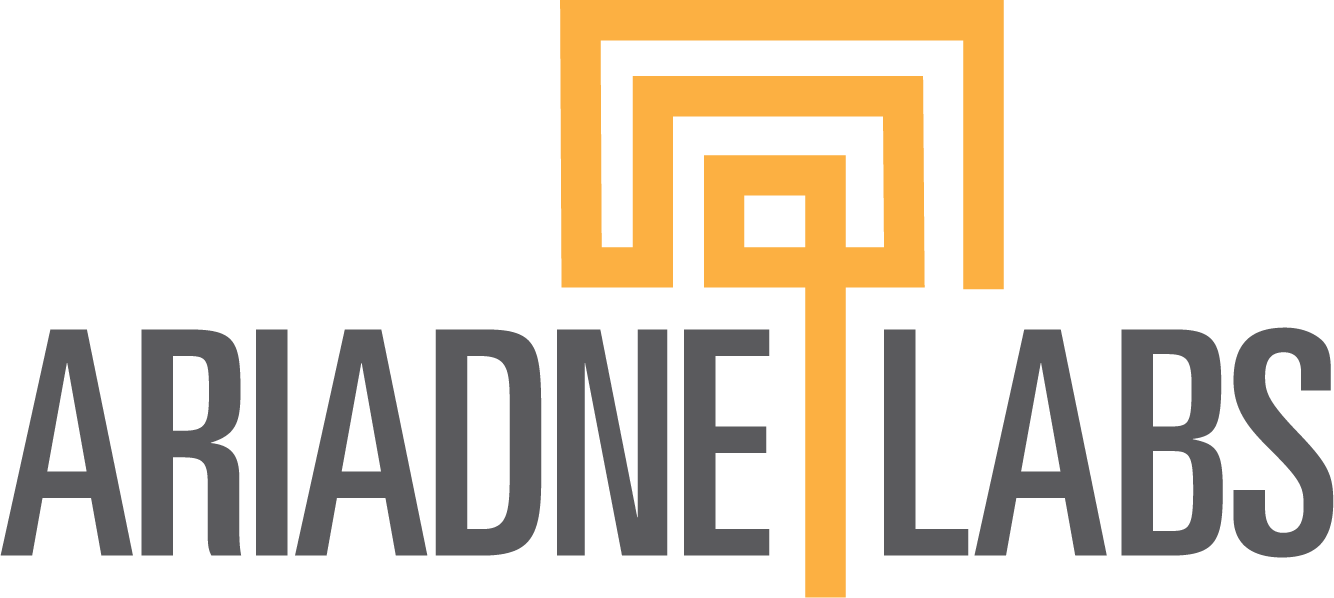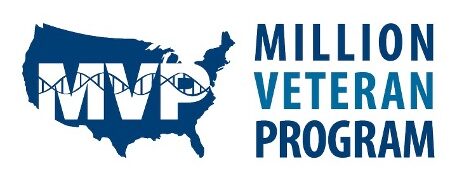Using genomics in medicine

Explore 2025’s Most Impactful Genetics Research
Join us in celebrating Nina Gold and her team’s incredible work investigating the sensitivity of genomic newborn screening for treating inherited metabolic conditions. Editor-in-Chief Robert D. Steiner of Genetics in Medicine recognized this work as one of the most impactful pieces of genetics research published in 2025!

Dr. Robert Green Speaks at TED on Bringing Preventive Genomics into Everyday Care
Ariadne Labs celebrates Dr. Robert Green’s TED Talk, which explores how preventive genomics could transform medicine by identifying disease risk before symptoms ever appear, even from birth. Drawing on the world’s first DNA screening of healthy newborns, he makes the case for a future of care focused on prediction and prevention, not just treatment.

The Double-Edged Code: The promise and peril of personal genomics
This article explores the critical transition toward genomic implementation into precision health, examining the economic, clinical, and ethical frameworks required to integrate genomic data into everyday care. Featuring insights from G2P Director Dr. Robert Green and other leading experts, it challenges us to consider how we will responsibly navigate the most intimate information we possess.
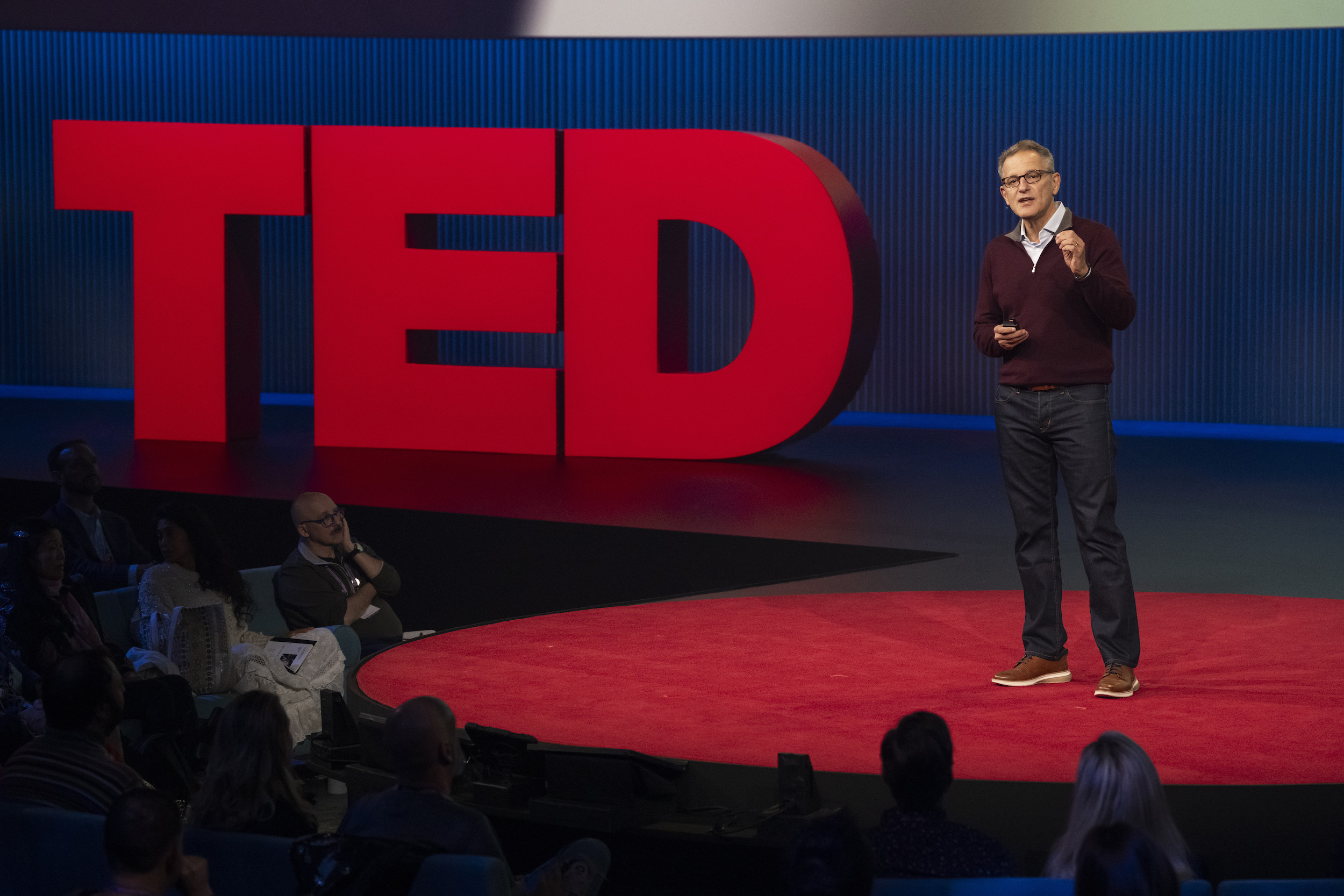
Can Genomic Sequencing at Birth Transform Medicine? Reflections from My TED Talk
In this blog post, Dr. Green reflects on his mainstage TED Talk, making the case that integrating whole-genome sequencing at birth could reveal thousands of treatable genetic risks early in life. Drawing on findings from BabySeq Project and the newly funded BEACONS Initiative, he shows how a single test at birth could give families actionable … Continued
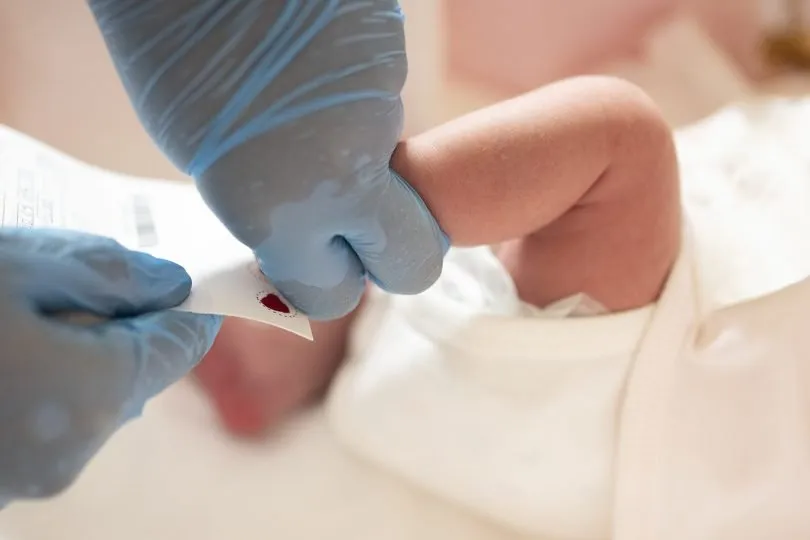
APHL Convenes Newborn Whole Genome Sequencing Initiative, Ensuring Public Health Laboratory Input
APHL celebrates the launch of BEACONS, the nation’s first multi-state initiative evaluating whether whole genome sequencing (WGS) can be responsibly integrated into the U.S. newborn screening system. With a $14.4M NIH award and invaluable participation from public health labs across the country, BEACONS will test how WGS affects workflows, consent, data systems, and the actionable … Continued
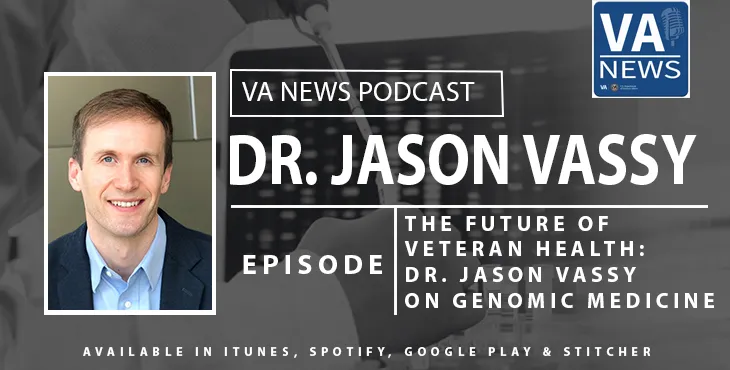
The Future of Veteran Health: Dr. Jason Vassy on genomic medicine
In this episode, Dr. Jason Vassy explains how genomic tools are transforming Veteran health, from tailoring medications using DNA to improving prostate cancer screening. Drawing on VA-wide research efforts like MVP and the PROGRESS Study, he shows what personalized, preventive care could look like in the years ahead.
A lack of information about family health history motivates adopted individuals to pursue elective genomic testing
Feasibility and outcomes of the DNA Screen nationwide adult genomic screening pilot
Genetics and context for precision health in greater Boston
Governance strategies for biological AI: Beyond the dual-use dilemma

NIH Funds Multi-State Pilot For Genome Sequencing in Newborn Screening
Dr. Green describes the impact of the novel, NIH-funded BEACONS study: “For more than 50 years, newborn screening has been a beacon of trust, saving children’s lives by analyzing a few drops of blood after birth. BEACONS brings the next generation of hope, giving families the option of genomic screening for hundreds of additional conditions … Continued
First U.S. National Genomic Newborn Screening Initiative Launched with $14.4 Million NIH Award
Funded by a $14.4 million award from the National Institutes of Health (NIH) Common Fund Venture Program, BEACONS will pilot the integration of whole genome sequencing into existing state newborn screening systems. The study will recruit, consent, and enroll up to 30,000 newborns in as many as 10 states over the next three years, a … Continued
Are inherited metabolic disorders more common and less predictable than we thought?

G2P Summer Newsletter 2025
What better way to lounge around, enjoying the dog days, than to catch up on G2P news? In this newsletter, G2P presents several summer reads (and a listen!), exploring the various ways genomics is shaping the future of healthcare—and what it means for all of us. Also, come join us at the 2025 Annual Meeting … Continued

Riskier to know — or not to know — you’re predisposed to a disease?
‘DNA isn’t a crystal ball for every kind of illness’ but potential benefits outweigh fears, says geneticist, Robert C. Green, MD, MPH.

The Ethical Minefield of Testing Infants for Incurable Diseases
When Dr. Robert C. Green began BabySeq in 2013, it was the first program in the world to sequence healthy babies, and it was “totally radioactive,” he said. Screening can determine their risk for an ever-growing list of conditions — including ones we can’t do much about.

National Academy of Medicine Names 11 Scholars in Diagnostic Excellence for 2025
The National Academy of Medicine (NAM) has selected 11 individuals for the 2025 class of the NAM Scholars in Diagnostic Excellence program. Funded by the Gordon and Betty Moore Foundation, this collaborative program in partnership with the Council of Medical Specialty Societies (CMSS) offers a one-year, part-time experience for exceptional health professionals to advance their diagnostic … Continued
Data-driven consideration of genetic disorders for global genomic newborn screening programs

New Research Identifies Nearly 300 Treatable Genetic Conditions
Researchers hope the new list of identifiable conditions—treatable during or after pregnancy—will help families prepare for what’s ahead and give their babies the best possible start.
Nonadherence to guidelines for genetic testing in families with ovarian cancer shows racial bias

Healing Before Birth: How Genetic Screening Is Changing Lives
“The ability to diagnose and treat nearly 300 actionable genetic conditions in fetuses and newborns marks a significant milestone in modern medicine. From traditional heel stick tests to cutting-edge genomic sequencing, these advances empower families with critical information and life-saving options. As research continues to evolve, integrating these technologies into routine prenatal and neonatal care … Continued
Advancing precision care in pregnancy through a treatable fetal findings list
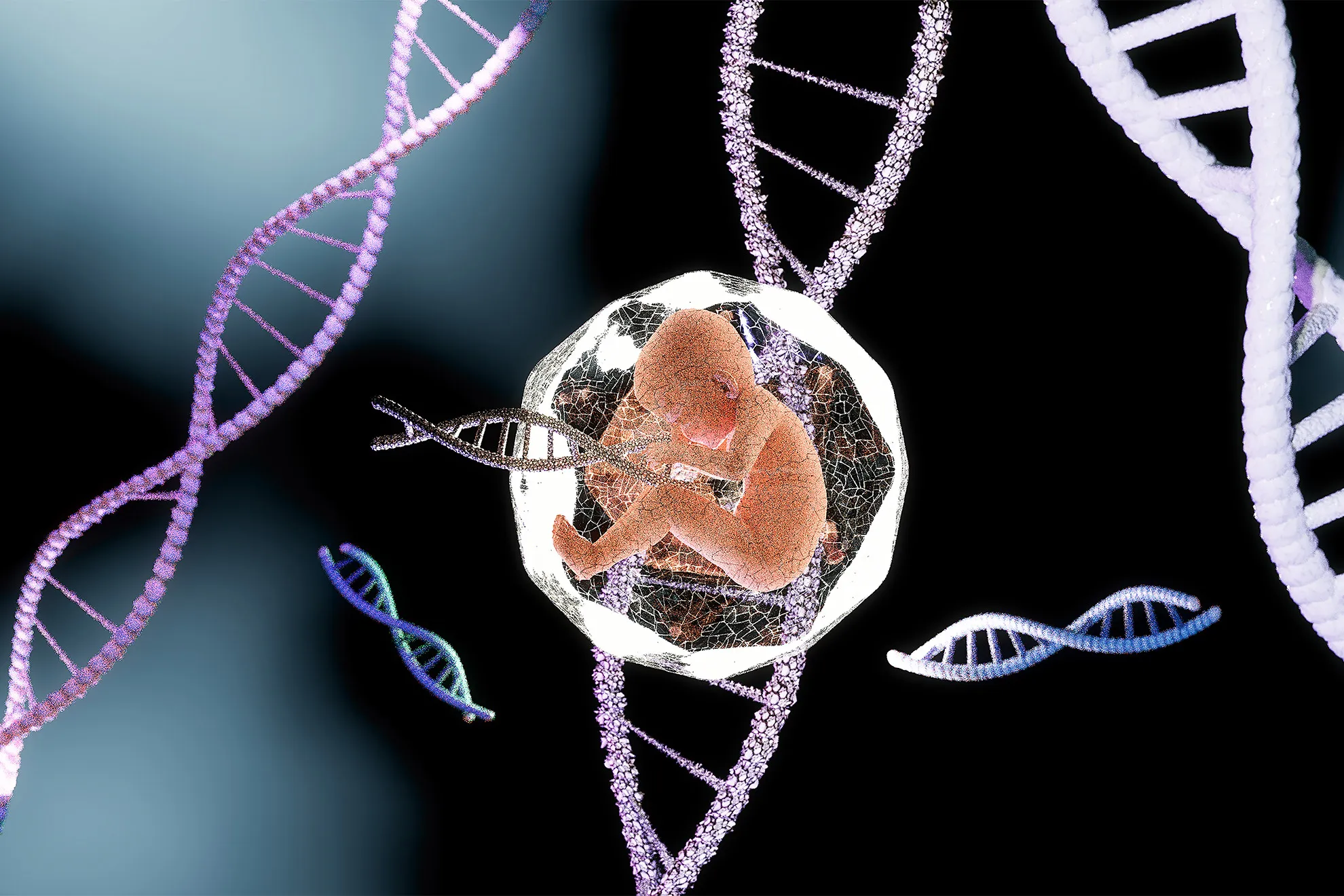
Researchers ID genetic disorders that can be treated before birth
“We saw a critical gap in prenatal care and an opportunity to define the genetic disorders that are treatable during this time,” said senior author Nina Gold, director of Prenatal Medical Genetics at Massachusetts General Hospital and an assistant professor of pediatrics at Harvard Medical School. “These conditions are actionable — meaning that, empowered with … Continued
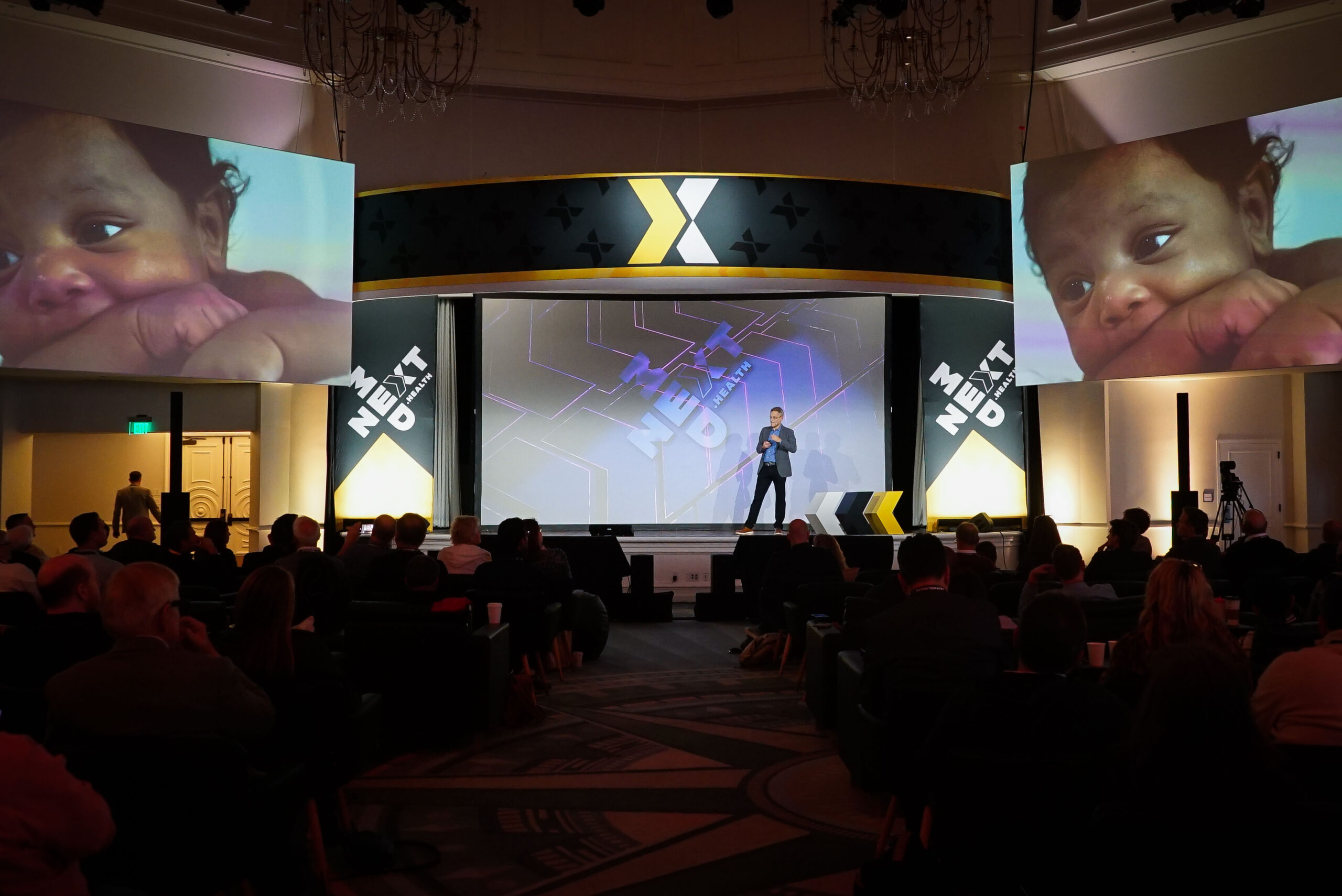
The Path to Universal Newborn Sequencing at NextMed Health 2025
Robert C. Green, MD, MPH presents the latest findings from the BabySeq Project at NextMed Health 2025 in San Diego. This year’s NextMed Health is focused on re-imagining the future of health and medicine.
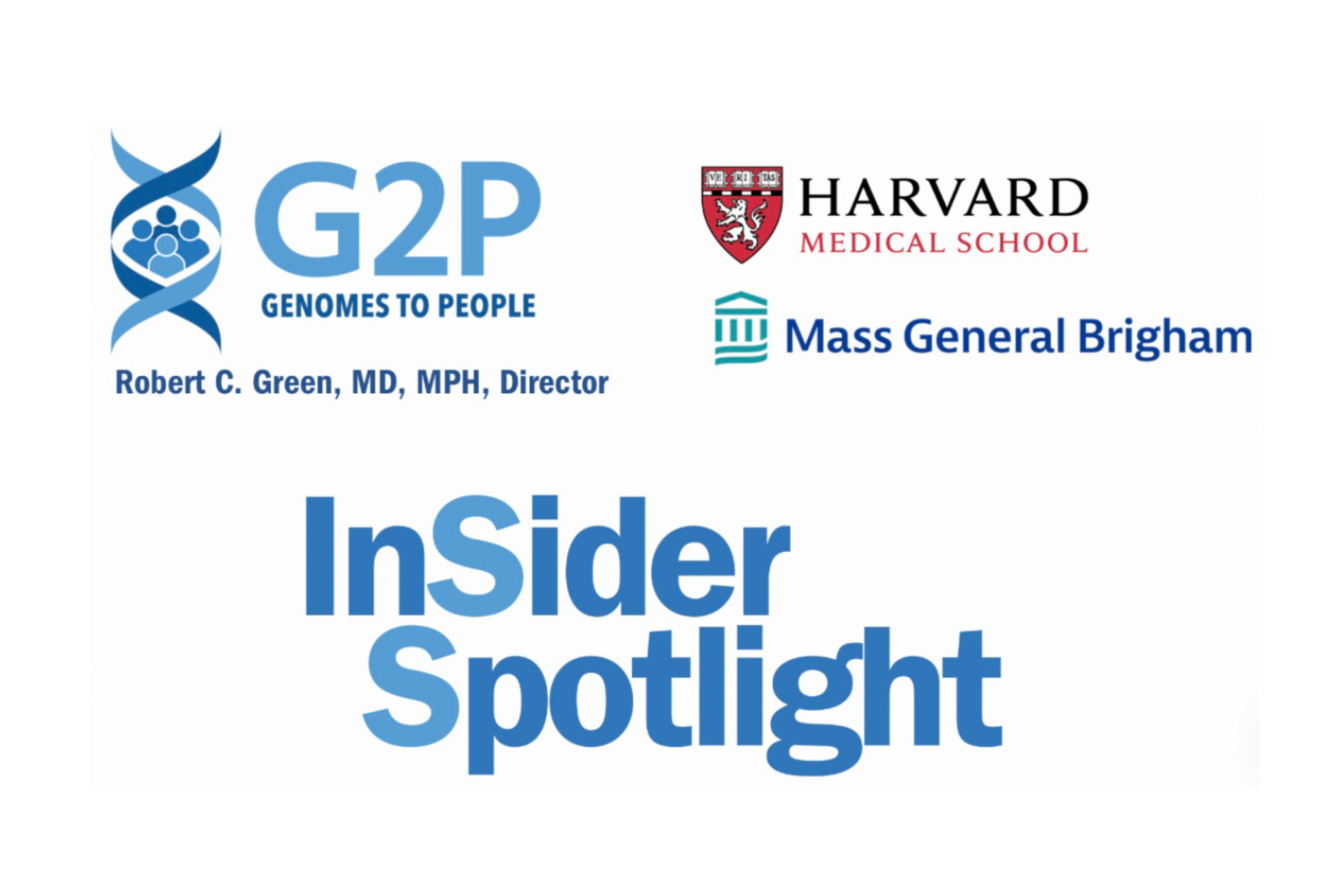
G2P March Newsletter 2025
BabySeq is everywhere! This G2P newsletter highlights several upcoming speaking engagements where G2P team members and collaborators will be presenting on the latest newborn sequencing research. Nina Gold, MD and Julie Yeo will be presenting on their recent work at ACMG 2025 in LA. Robert C. Green, MD, MPH will be speaking at NextMed Health, … Continued
Critical bottlenecks in rare disease research and care: A community perspective
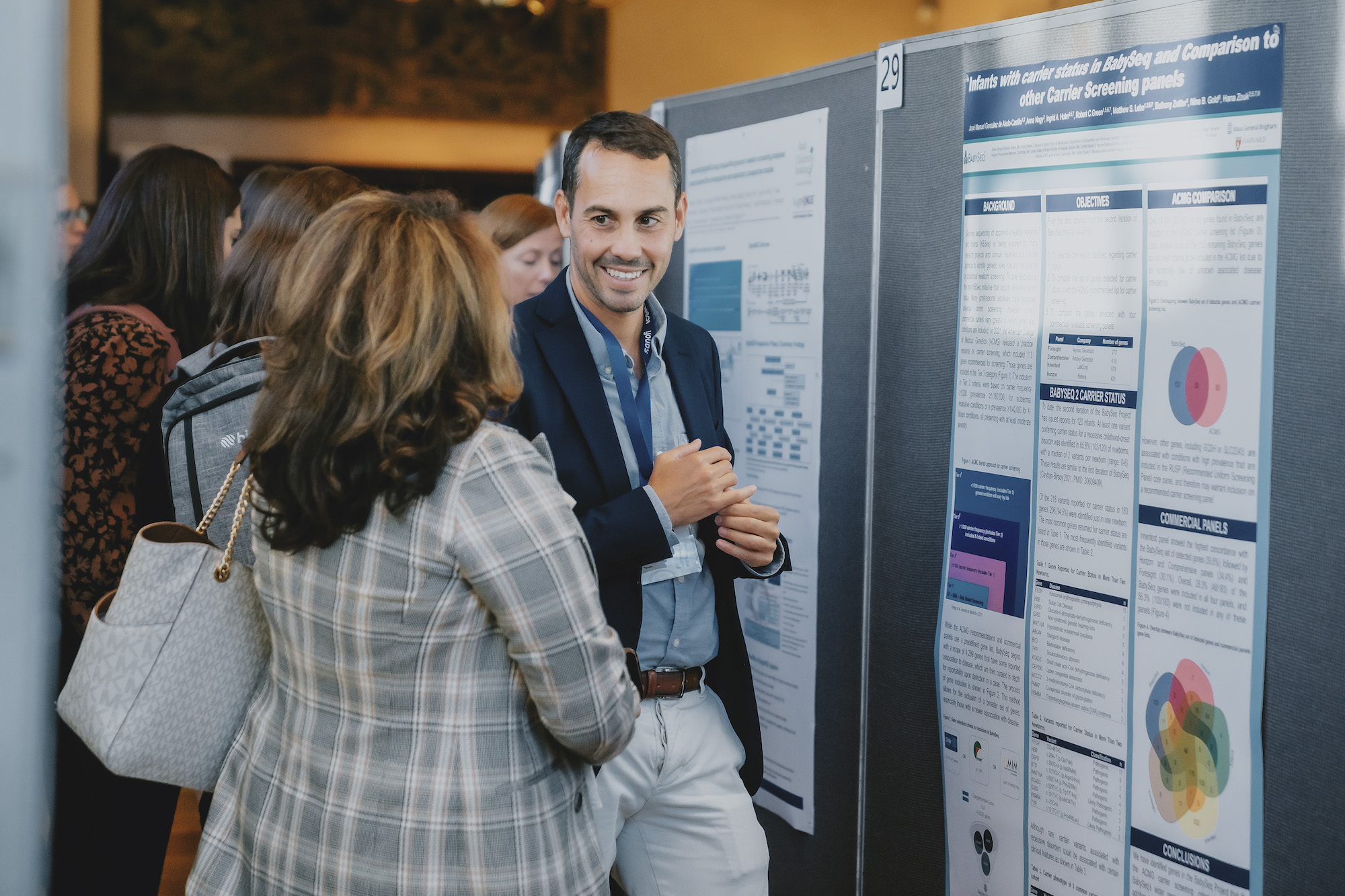
IFCC Professional Scientific Exchange Program (PSEP): my experience at Brigham and Women’s Hospital in Boston, USA
José Manuel González de Aledo Castillo, PhD reflects on his experience rotating with the Genomes2People research program and working on the BabySeq project for a year as part of the IFCC Professional Exchange Program (PSEP). During his rotation, he supported recruitment, genomic analysis, and return of results for the BabySeq project. He also presented results … Continued
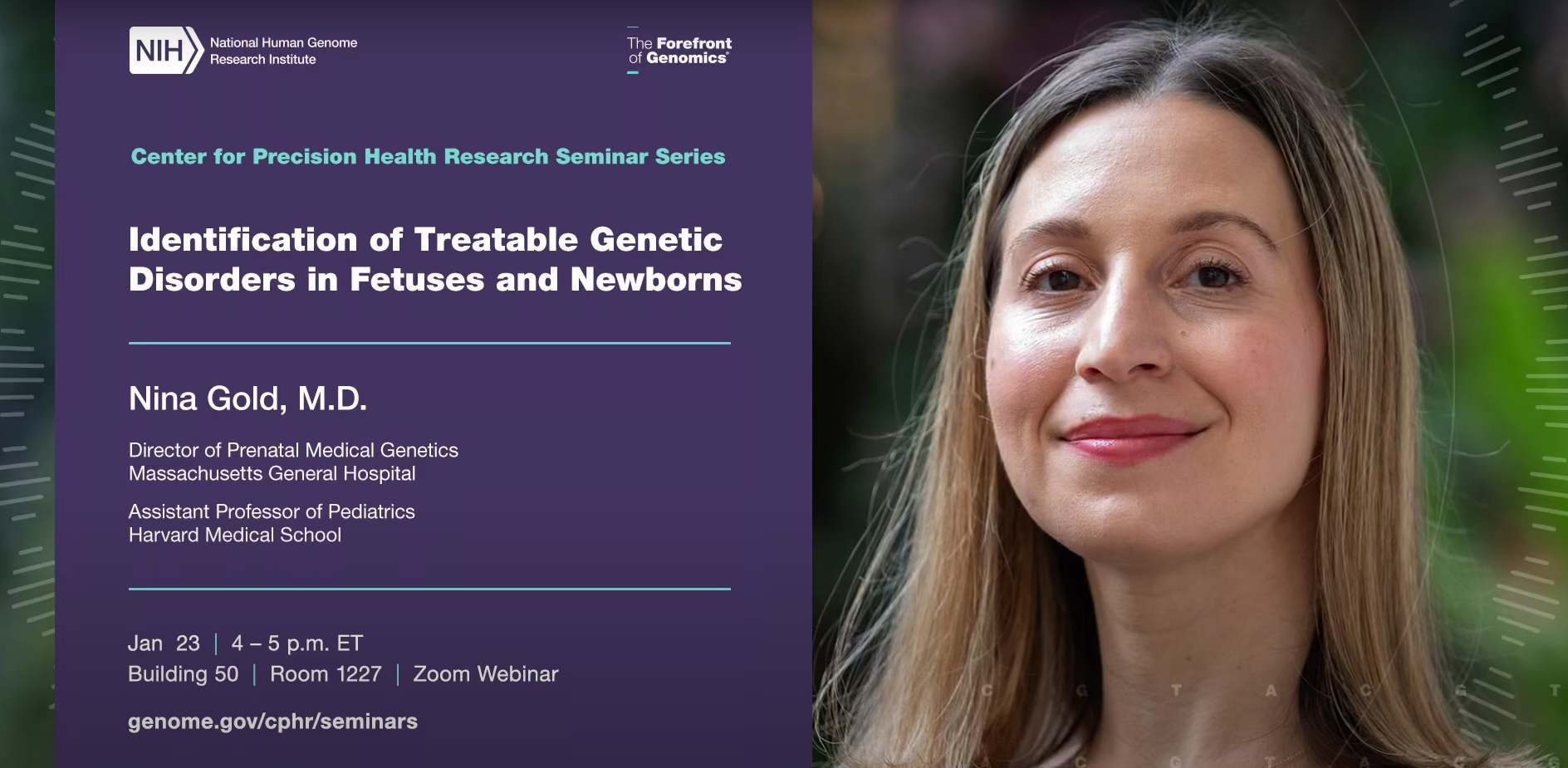
Identification of Treatable Genetic Disorders in Fetuses and Newborns
Over the past decade, genomic sequencing has become a tool for understanding the genetic underpinnings of sonographic abnormalities detected during pregnancy. However, many genetic conditions do not cause detectable physical changes, but can still have profound implications for the health of the fetus or newborn. In this talk, Dr. Gold will discuss a proposed framework … Continued
Family genetic risk communication and cascade testing in the BabySeq Project
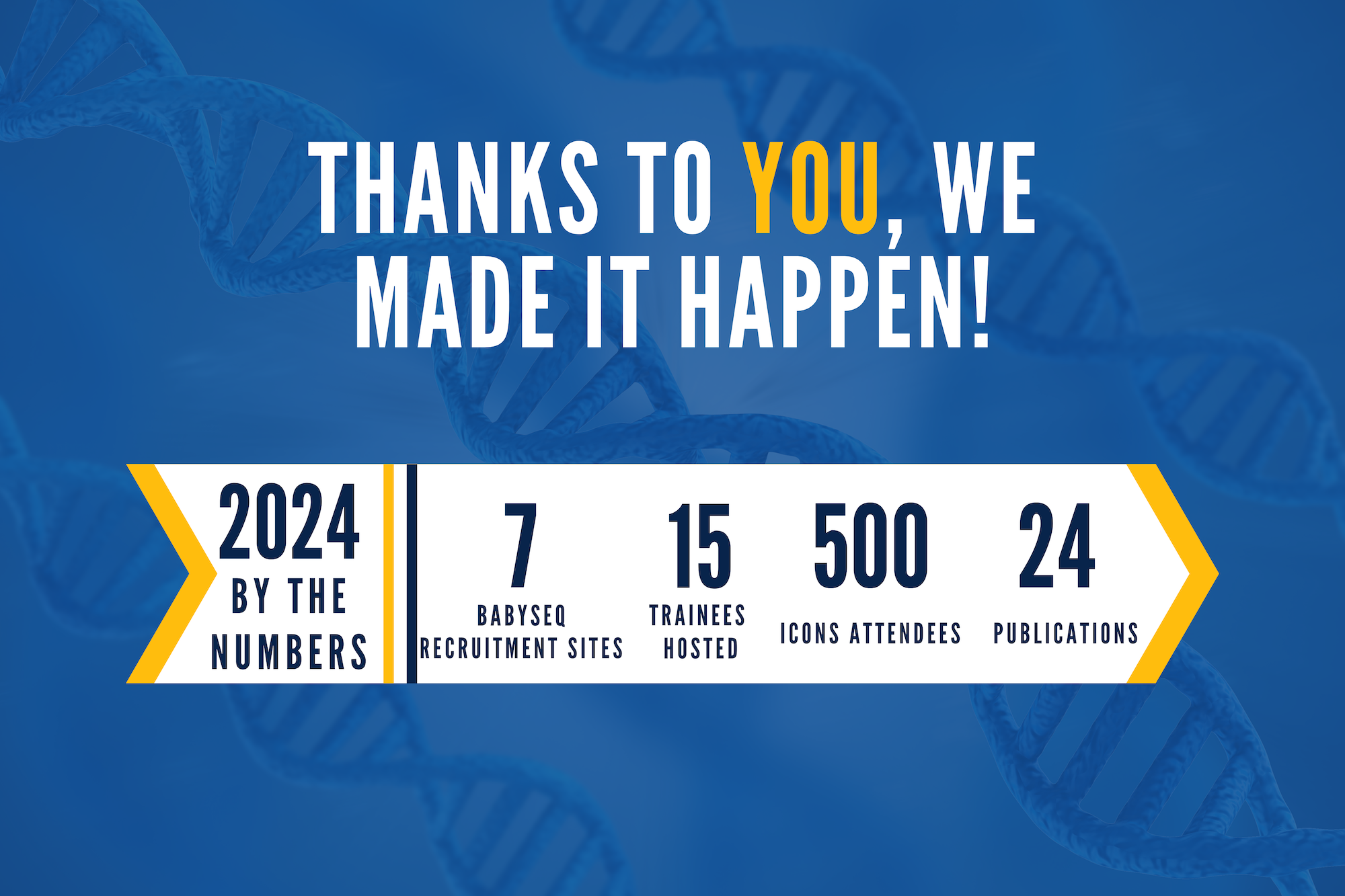
G2P 2024 Year in Review
Thanks to you, we made it happen! Extending a heartfelt thank you for your support of the Genomes2People Research Program in 2024. This newsletter highlights milestones in 2024, including expanding the BabySeq project to 7 sites nationwide, hosting 15 research trainees, contributing to a successful International Conference on Newborn Sequencing, and completing the first ever … Continued

‘Qatar well positioned for more leadership roles in genomics’
Robert Green, MD, MPH was interviewed by Gulf Times at the recent Precision Medicine and the Future of Genomics (PMFG) Summit in Doha, Qatar. Dr. Green discusses findings from the BabySeq Project and the potential for Qatar to be leader in genomics and precision medicine.
Preferences of parents from diverse backgrounds on genomic screening of apparently healthy newborns
Long-term health outcomes of individuals with pseudodeficiency alleles in IDUA may inform newborn screening practices for mucopolysaccharidosis type I

At-Home Genetic Testing: The Good, The Bad, and The Ugly
Bethany Zettler, MS, CGC is interviewed in this piece about direct-to-consumer genetic testing. “This is the first time in human history that we have access to our genetic data essentially at the push of a button,” says Zettler. This article dives into risks and benefits of at-home genetic testing, including issues of clinical significance, false … Continued
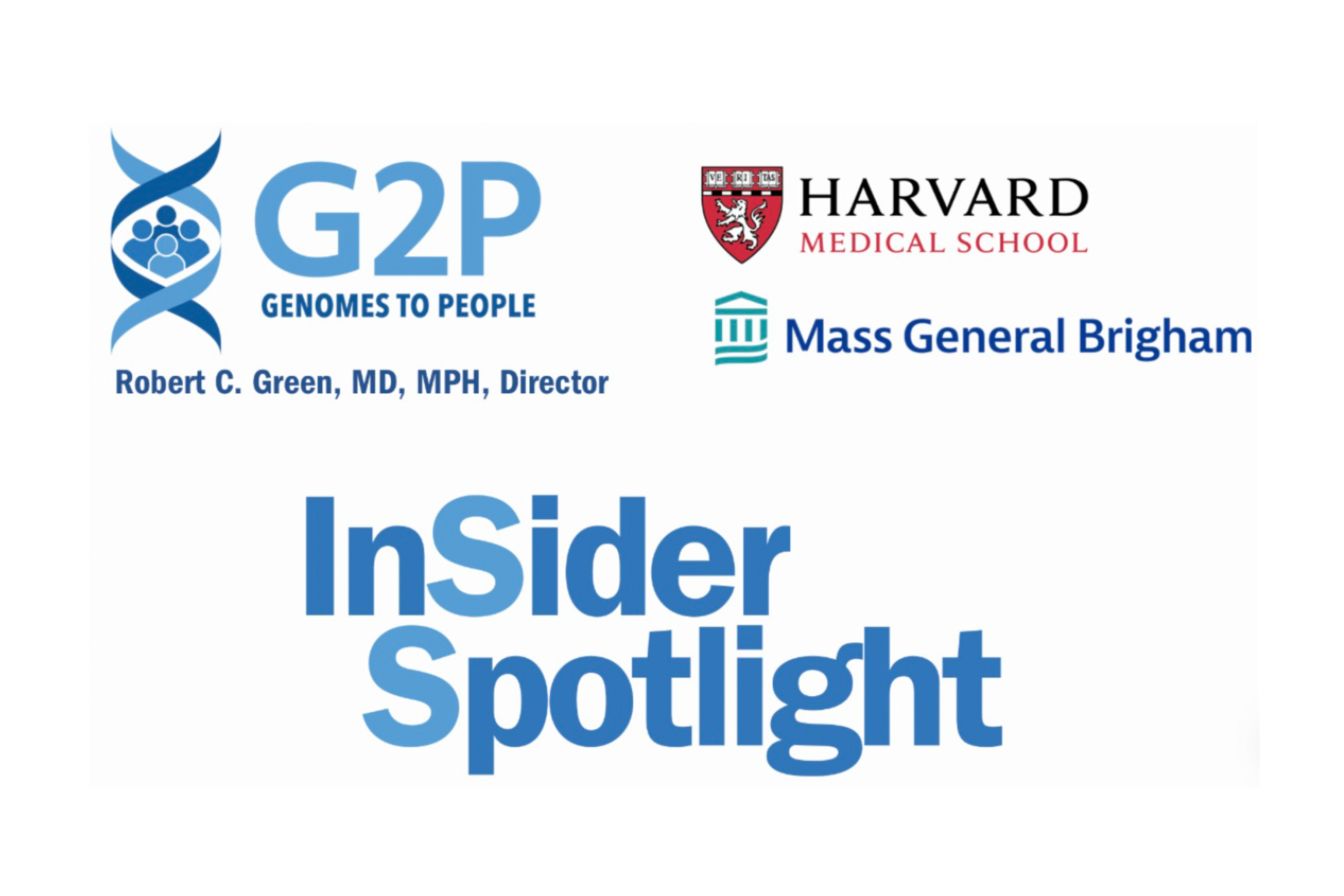
G2P September Newsletter 2024
Our September newsletter features the 2024 meeting of the International Consortium on Newborn Sequencing, a recent publication in Nature Medicine featuring the BabySeq Project and a new blog post from guest blogger, Rev Carolyn Philstrom, about her son’s newborn screening story. We also highlight a recent article about the long-standing mentorship between Drs. Robert Green … Continued

An enduring partnership built on mentorship and collaboration
“Mentorship and collaboration are both fundamental to academic medicine. They’re also central themes in the longstanding professional relationship between Mass General Brigham medical geneticists Robert Green, MD, MPH, a senior researcher at Brigham and Women’s Hospital and Nina Gold, MD, an early-stage faculty member at Massachusetts General Hospital.”




